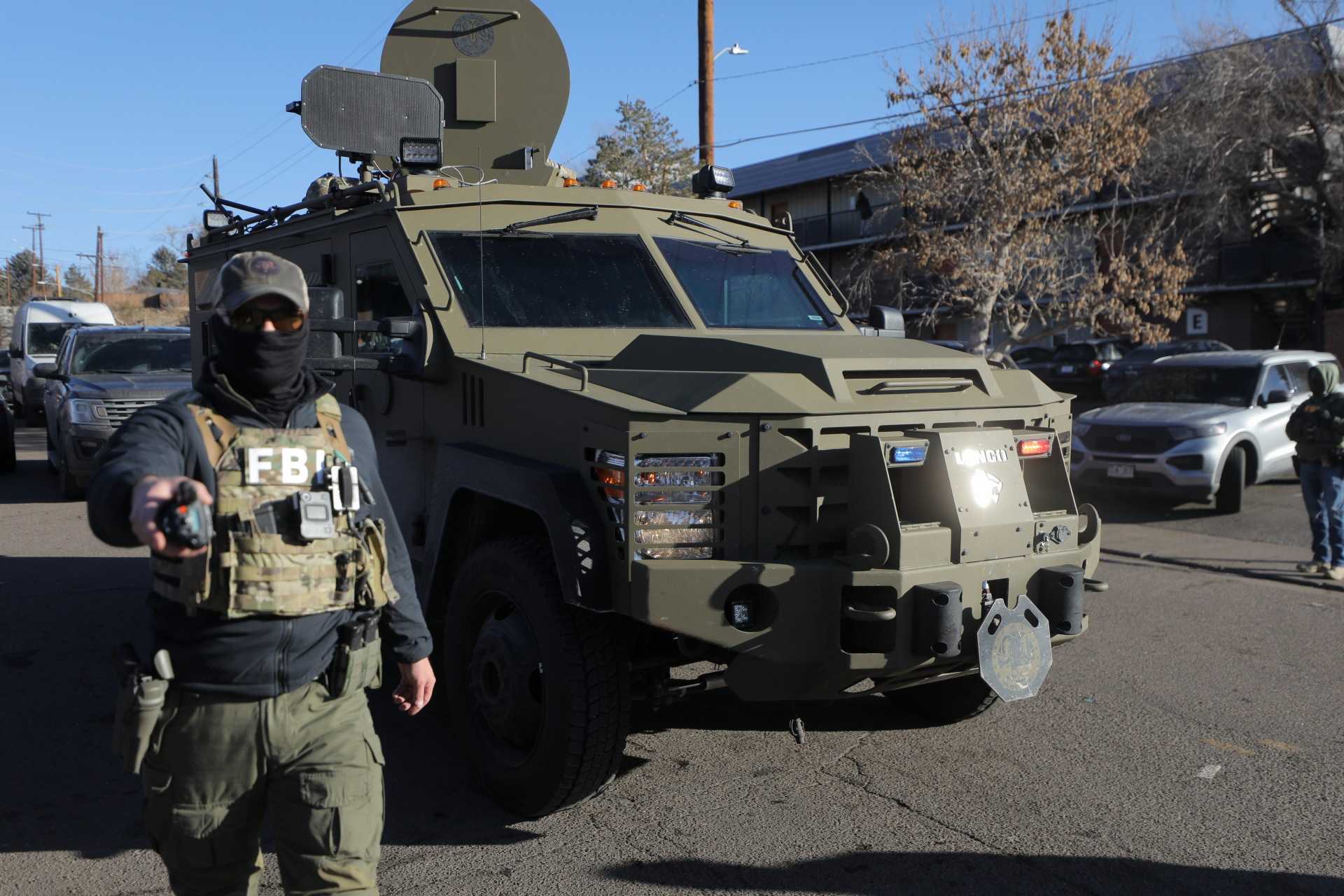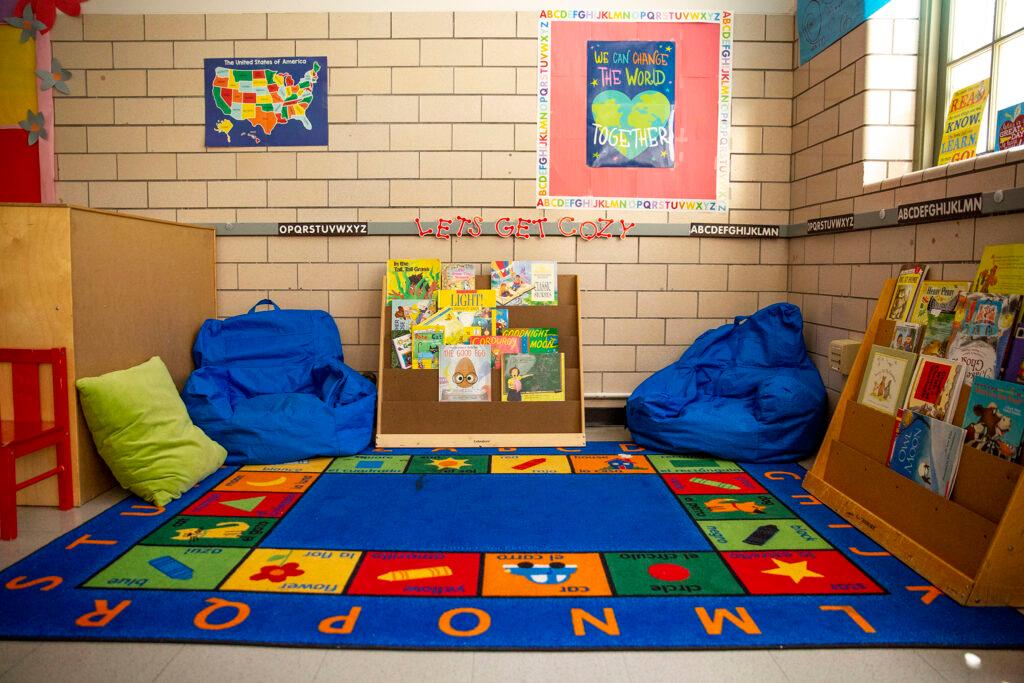
The U.S. Department of Justice filed a lawsuit on Friday against Denver and Colorado officials, alleging in federal court that they had passed “sanctuary laws” that violate the U.S. Constitution.
The lawsuit asks the U.S. District Court in Colorado to declare that several city and state policies are invalid, blocking the city and state from enforcing them. The laws and policies in question generally restrict the ability of state and local government employees to help with immigration enforcement.
“The Supremacy Clause prohibits Colorado and its officials from obstructing the Federal Government’s ability to enforce laws that Congress has enacted or to take actions entrusted to it by the Constitution,” the lawsuit argues. “The Supremacy Clause also prohibits Colorado from singling out the Federal Government for adverse treatment — as the challenged laws do — thereby discriminating against the Federal Government. The Sanctuary Laws are themselves unlawful and cannot stand.”
Mayor Mike Johnston’s office responded soon after the suit was filed.
“Denver will not be bullied or blackmailed, least of all by an administration that has little regard for the law and even less for the truth. We follow all laws local, state, and federal and stand ready to defend our values,” wrote Jon Ewing, a spokesperson for Johnston, who was named a defendant in the lawsuit.
The lawsuit also names Gov. Jared Polis, Attorney General Phil Weiser, the state legislature, the city and county of Denver and Denver Sheriff Elias Diggins.
“Colorado is not a sanctuary state,” responded Eric Maruyama, a spokesperson for Polis, in a written statement.
“The State of Colorado works with local, state and federal law enforcement regularly and we value our partnerships with local, county and federal law enforcement agencies to make Colorado safer. If the courts say that any Colorado law is not valid, then we will follow the ruling. We are not going to comment on the merits of the lawsuit,” Maruyama continued.

The DOJ argued that because of a state law, it can no longer enter into agreements with local governments to detain immigrants in county jails, forcing it to transfer all its detainees to a facility in Aurora. The lawsuit claims that the state’s policies force it to release individuals into the public because it can’t afford to bring them to Aurora.
Immigrant advocates have argued that local governments should not — and don’t have to — work closely with immigration enforcement. They argue that when police partner with Immigration and Customs Enforcement, immigrants are afraid to report crimes and communities are less safe.
The federal lawsuit also argues that state and local laws make it harder for immigration agents to detain people who are set to be released from local jails. But city officials have pushed back on those claims, noting in one recent case that agents were notified more than an hour before a wanted person was released.
The lawsuit targets several state laws:
HB19-1124: This law is one of those most often cited by Republicans unhappy with Colorado’s immigration policies. Nicknamed the Protecting Colorado Residents From Federal Government Overreach act, it prevents law enforcement officers from arresting or detaining an individual on the basis of their immigration status, or holding someone in jail past their release time just so immigration officials can come pick them up. It also prevents authorities from providing information about an individual’s immigration status to federal officials. Officers can continue to assist federal immigration enforcement officials with executing warrants issued by federal judges, and they can transfer people from jail or prison into the custody of immigration officers, if they have a court order.
SB21-131: This law aims to further restrict cooperation between state employees and federal immigration agents by preventing the state from looking into people’s immigration status or disclosing anyone’s personal identifying information to ICE, except as required by law or courts.
HB23-1100: This law prohibits the state and local governments from contracting with private companies to operate immigration detention facilities.
The lawsuit also targets policies in Denver:
City Ordinance No. 94-17: This law was adopted in 2017 under Mayor Michael Hancock. It bars city employees from using “any city funds or resources to assist in the enforcement of federal immigration laws,” the lawsuit states. That includes helping with investigations, detention or arrest procedures, as well as requesting information about a person’s immigration status in most cases. It also bars federal immigration agents from “secure areas of any city or county jail or other city-owned law enforcement facility for the purpose of conducting investigative interviews or any other purpose related to the enforcement of federal immigration” unless they have a warrant from a federal judge or magistrate. And it says that officers will not detain people solely on the basis of administrative warrants from immigration agents.
Executive Order No. 142: This order issued by Hancock declared Denver a "safe and welcoming city for all” and touched on numerous subjects. It called for city employees to be trained on “the limitations around collecting and sharing national origin, immigration and citizenship data, including sharing information pertaining to appointment times, dates or whereabouts of clients … with federal immigration enforcement officials.” It also called on city leaders to report on “any efforts” they were aware of by immigration agents to get city help enforcing immigration laws.
Funding for public media is at stake. Stand up and support what you value today.








